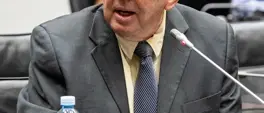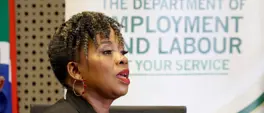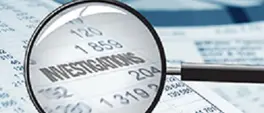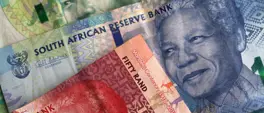Budget 3.0: SARS will have to go all out to justify massive cash injection
Lindsay Dentlinger
22 May 2025 | 4:23SARS Commissioner Edward Kieswetter said since the failed March budget, he’s already been training additional debt collectors to reach the goal of collecting at least another R20 billion in taxes over the next year.
CAPE TOWN - The South African Revenue Service (SARS) will have to pull out all the stops to justify a massive cash injection through the latest iteration of the national budget that seeks to bolster its ability to collect more taxes.
SARS Commissioner Edward Kieswetter said since the failed March budget, he’s already been training additional debt collectors to reach the goal of collecting at least another R20 billion in taxes over the next year.
ALSO READ:
- Godongwana: Not approving entire budget by end of August could ‘close govt’
- Budget 3.0: No changes to social grant increases initially announced in March
- Budget 2025: Structural reforms crucial for economic growth, says Godongwana
- Budget 3.0: Treasury makes U-turn on expanding zero-rated food items list
While the finance minister has had to cave to political pressure to scrap a planned value-added tax (VAT) increase to fund government expenditure, raising the fuel levy as of June will not be enough to close the fiscal gap over the medium term.
Tabling the third version of the national budget on Wednesday, Minister of Finance Enoch Godongwana said he was giving SARS R7.5 billion over the next three years to improve its effectiveness in collecting more revenue and to modernise its systems.
Godongwana estimates that as much as R35 billion more can be collected.
Kieswetter said since April, he’s employed an additional 500 debt collectors.
Another 250 will be added to SARS’s payroll in June.
“Our estimate is that this should at least give us R20 billion. We are targeting a debt collection of the overall composite debt of R120 billion.”
One of SARS’s targets will be the illicit tobacco trade.
Kieswetter said there will be regular progress reports to Treasury, and by the mid-term budget in October, a level of confidence can be assessed.
Get the whole picture 💡
Take a look at the topic timeline for all related articles.
















